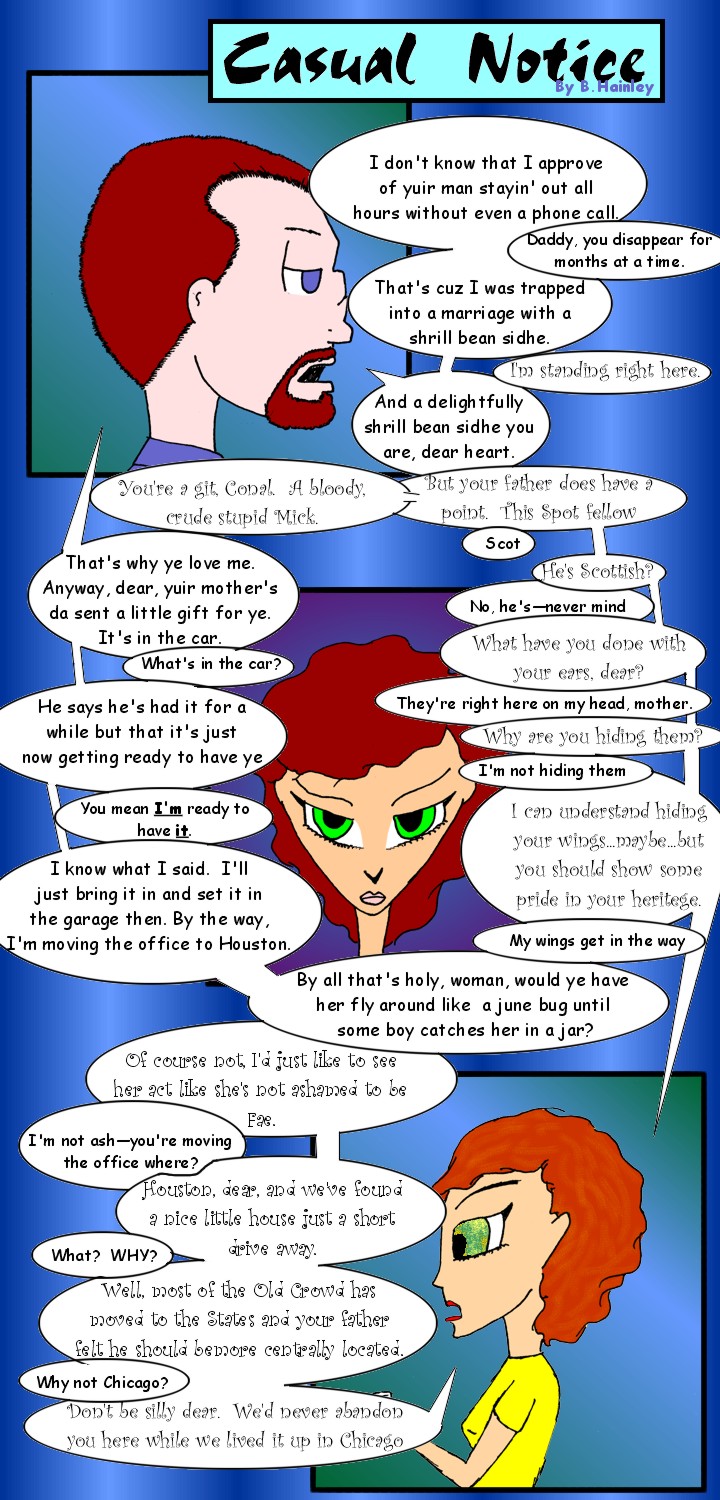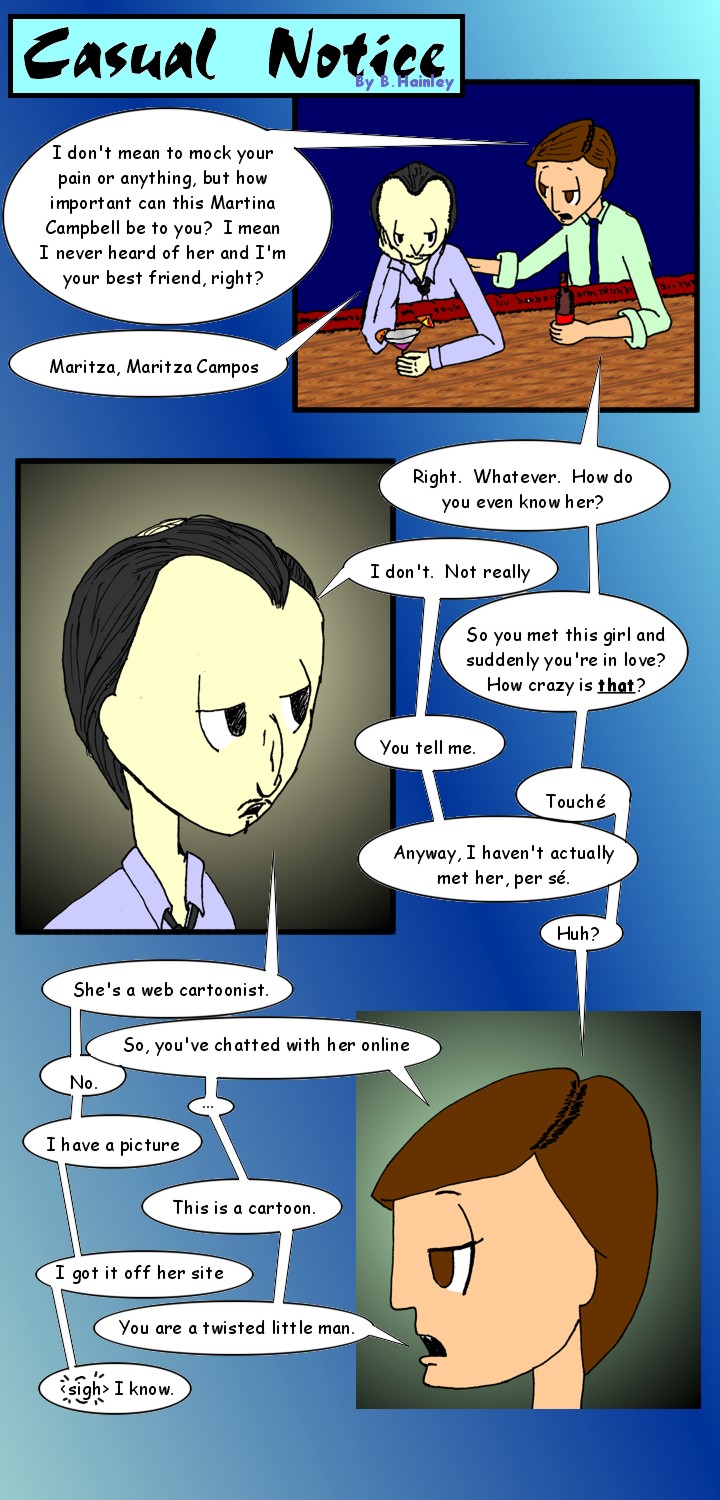Can we all agree to stop using the phrase, “the founders intended”? Regardless of what you think you know from reading any particular founder’s commentary about the documents that created our nation, you still don’t know that founder’s actual intent at the time the document was drafted and signed, and you don’t have a clue what was going on in the heads of the other thirty-plus signatories.
Not long ago I saw a link to an organization that wants to restructure the House of Representatives because the founders “never intended each Representative to represent hundreds of thousands of people.” Of course they didn’t. The guys most responsible for the House of Representatives and its structure wanted a House of Congress that would give heavily populated states the advantage. If they’d had their way. the US legislature would look like Burning Man (but, one assumes, without the dirty hippies).
There were 56 signers of the Declaration and 39 signers of the Constitution, and both documents had to be ratified by the legislatures in the individual states. I have safe money it was a giant headache to get all these people to agree on takeout at the end of a long session, much less any single all-encompassing Vision For The Country. Let’s just look at some of the more notable and see what their history tells us of their motives.
George Washington was a land speculator who was leveraged up to his eyeballs on Ohio Valley properties at exactly the time that Parliament decided that colonial expansion west was off. He was literally in a position where he would lose everything if the colonies didn’t rebel.
Similarly, John Hancock was a New York merchant who stood to eat a humongous loss when Parliament extended the ban on slavery to the colonies (only a healthy smuggling trade had allowed him to thrive after Parliament banned the slave trade).
Thomas Jefferson was a good man who never had the strength of his own convictions, speaking out regularly against slavery and the privileged classes while maintaining a huge plantation full of slaves and taking advantage of his position and connections from birth.
John Adams’ whole family had just come out on the losing side of an ass-kissing contest for the Governor of New England’s favor, and his cousin, Samuel, was such a failure as a brewer and a businessman that he ran his father’s successful brewery into the ground (remember that when you pop a Sam Adams Lager).
Thomas Paine wasn’t even a founder. He was the PR-man of the Revolution, and, like all PR men, nobody liked or trusted him.
None of them were Christian, as that faith is practiced today. The common concept of God at the time was a Deist belief in a God that had set things in motion with some solid rules and then backed off to see what would happen. You may notice that in the preamble to the Declaration, “God” and “Nature” are used pretty interchangeably. It wouldn’t be until the 1820’s that the idea of an active, judgmental god would become prevalent.
I could go on. There is a story for every one of our founders, and each story gives you an insight into their actual motives and desires. Hamilton (another douchebag New Yorker) wanted a strong central government so he wouldn’t have to eat losses on all the Confederation Script he was holding. Madison wanted to transport his tobacco and cotton without paying a tax at every state border. And so on.
(I’m not saying that any of these men were bad men—except maybe Hamilton—they were all good men in their way and their time. I’m saying they were men, and they were no more likely to design a society for the good of all on their own than you or I are.)
It expands from there. Slave states wanted to count their slaves as people for the purposes of representation (but not for voting rights or human dignity). Small states wanted equal representation for all states regardless of size. Poor states wanted to blow off the Revolutionary War debt. Merchants wanted a single, stable currency. Nobody got what they wanted. They negotiated and got what they could live with.
The Bill of Rights wasn’t even part of the original document. It was tacked on during the ratification process because the framers realized they wouldn’t be able to pass the Constitution without some sort of assurances on paper that the country wouldn’t be subject to the sort of arbitrary authority that had started the whole kerfuffle. Of twelve Amendments that passed out of the new Congress, only ten passed ratification. One set an intricate scaling on the size of the House of Representatives, while the other, finally ratified in 1992, demanded that legislatures could not vote themselves a raise, only one for their successors.
Hamilton thought the rights enumerated in the Bill were self-evident. Jefferson thought they allowed for Government to claim unenumerated rights as those of the Fed (despite the clear statements in the 9th and 10th Amendments that those rights were reserved for the States or the People–turns out he was right). Again, nobody got exactly what they wanted.
But they all got something that they—and we—could live with. They got it through negotiation and not being married to a philosophy or a principle. They got it by knowing that whatever they ended up with, it couldn’t be worse than life as a colony or under the Articles. They got it by being reasonable.



 If the current shutdown kerfuffle has highlighted anything for me, it’s the regrettable fact that Americans, on the whole, don’t know how to negotiate (also that a large part of our government is unclear on the actual definitions of the terms, “hostage” and “terrorist”). So, purely as a public service, and not at all to show people how smart I am and they aren’t, here is my free class on how to negotiate.
If the current shutdown kerfuffle has highlighted anything for me, it’s the regrettable fact that Americans, on the whole, don’t know how to negotiate (also that a large part of our government is unclear on the actual definitions of the terms, “hostage” and “terrorist”). So, purely as a public service, and not at all to show people how smart I am and they aren’t, here is my free class on how to negotiate.